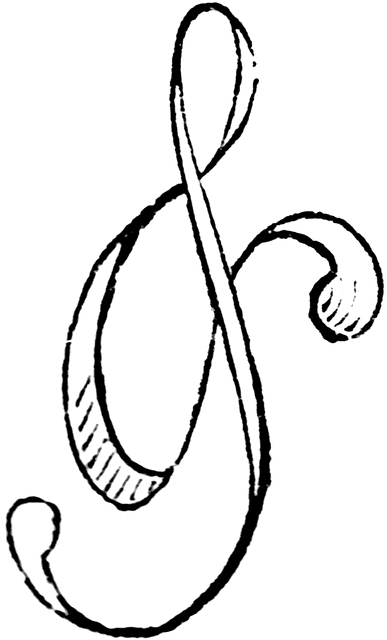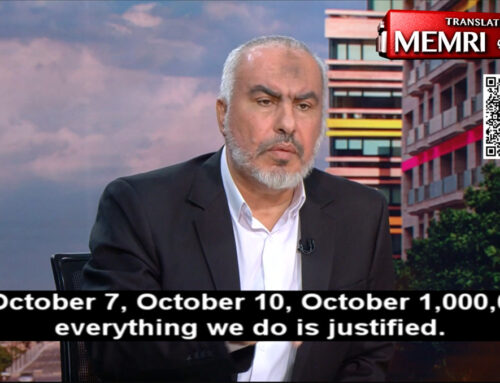Pure and Genuine Religion
By Ian Hamilton, Editor
Reprinted from The Banner of Truth Magazine, Issue No. 682 — June 2020
http://The Banner of Truth Magazine
No thinking Christian would deny that the times in which we live are perilous. Western society in particular seems in moral and spiritual free fall. Governments pass laws that trample upon God’s laws, good is called evil, and evil is called good. Activities that God’s word says should not even be discussed (Ephesians 5:3) are celebrated and promoted as normal and desirable.
Because God has planted his church and kingdom in a fallen world, believers have to live out their calling in the midst of this spiralling moral and spiritual declension. In doing so, it is imperative that we constantly remind ourselves what is the heart of true and genuine religion. Living in an unholy atmosphere where ungodliness is the prevailing mindset, Christians cannot escape the pervasive intrusiveness of this atmosphere. It assaults our eyes and ears no matter how much we seek to shut it out. It is little wonder that the word of God regularly issues ‘reminders’ to believers (see Deuteronomy), reminders that recall the grace of God and his summons for his church to live lives shaped and styled by his word and not by the prevailing cultural consensus.
In the opening chapters of the Institutes, John Calvin, mindfull of the pressures the church faces in every age and culture, highlights the foundational features of what he calls ‘pure and genuine religion.’ The following extract could be viewed as a manifesto to the church today as it confronts and is confronted by the escalating wickedness of societies unmoored from the truth of God’s word. Ponder and take heart what Calvin says about a faithful child of God:
He embraces him [God] not less as the avenger of wickedness than the rewarder of the righteous; because he perceives that it equally appertains to his glory to store up punishment for the one, and eternal life for the other. Besides, it is not the mere fear of punishment that restrains him from sin. Loving and revering God as his father, honouring and obeying him as his master, although there were no hell, he would revolt at the very idea of offending him. Such is pure and genuine religion.
Calvin highlights two notes that are to mark and identify men and women as those who practise ‘pure and genuine religion.’ First, they recognise and honour God’s holiness and righteousness. God is love, but no less is he light (1 John 1:5). He is rich in mercy, but he will also ‘by no means clear the guilty’ (Exodus 34:6-7).
In recent years there has been a discernible distancing among professing evangelicals from unashamedly proclaiming God’s sin-hating holiness. The awful reality of hell is not taught as it once was. The awfulness of sin is often seen in societal rather than in eternal terms. Sin does mangle lives, it does destroy families, it does bring misery into every area of society, high and low. But the greatest evil of sin is that it is against God (see Psalm 51:4). George Swinnock only too accurately assessed the evil heart of sin:
We take the size of sin too low, and short, and wrong, when we measure it by the wrong it doth to ourselves, or our families, or our neighbours, or the nation wherein we live; indeed, herein somewhat of its evil and mischief doth appear; but to take its full length and proportion, we must consider the wrong it doth to this great, this glorious, this incomparable God. Sin is incomparably malignant, because the God principally injured by it is incomparably excellent.
Few things will more keep the church on track than a truly biblical understanding of the sinfulness of sin and God’s holy resolve to punish sin as it deserves to be punished.
A second note is that believers will love and revere God as Father, hating sin not first because it deserves hell, but because it dishonours such a gracious and good heavenly Father. Perhaps I am only speaking for myself when I say that it is because my love for the Lord is so shallow and inconsistent that I am not as grieved as I should be with godless wickedness that covers the face of the nations.
It is salutary to read the risen Lord’s assessment of the church in Ephesus (Revelation 2:1-7). This was a church with a history to cherish. It was founded by the apostle Paul and for three years he taught the church the whole counsel of God (Acts 20:20). Now Jesus speaks a deeply solemn word of rebuke to this privileged church. He knew well its works, and toil, and patient endurance, and doctrinal orthodoxy (Revelation 2:2-3). Yet this church stood on the brink of disaster (verse 5). The reason? ‘I have this against you, that you have forsaken your first love’ (verse 4). Somehow this blessed church had drifted from the love for the Lord it once had. Evangelical duty had eclipsed evangelical heart love.
When the love for the Lord grows cold, the church’s witness to the world lacks credibility and power. Nothing will more energize the church and give it a boldness in the face of rampant evil, than a renewed love for him who first loved us. And nothing will more stir love for Christ than the Spirit anointed preaching of the sinless incarnate life, glorious propititiatory atonement, and death defeating resurrection of the Saviour.
If the church, the Bible-believing, Christ-honouring, gospel-obedient people of God, is to stand uncompromisingly against the tidal wave of wickedness that is sweeping the nations, it will need to ‘remember’ from the height it has fallen, ‘repent’, and do the works it did at the first, especially the work of love-fuelled obedience (see Revelation 2:5).










Leave a Reply, please --- thank you.